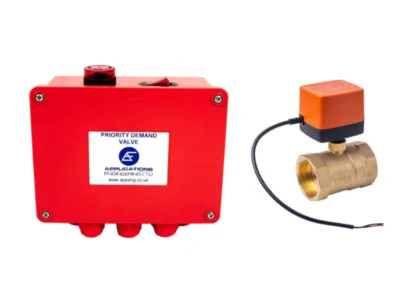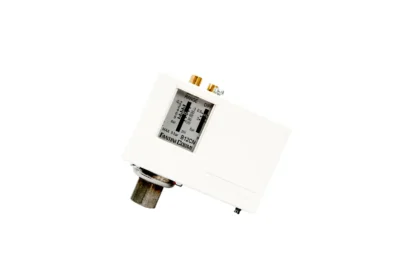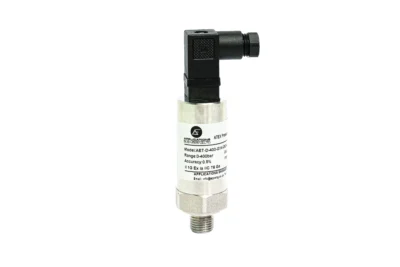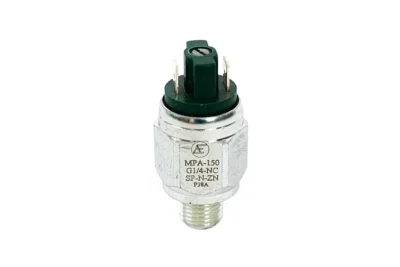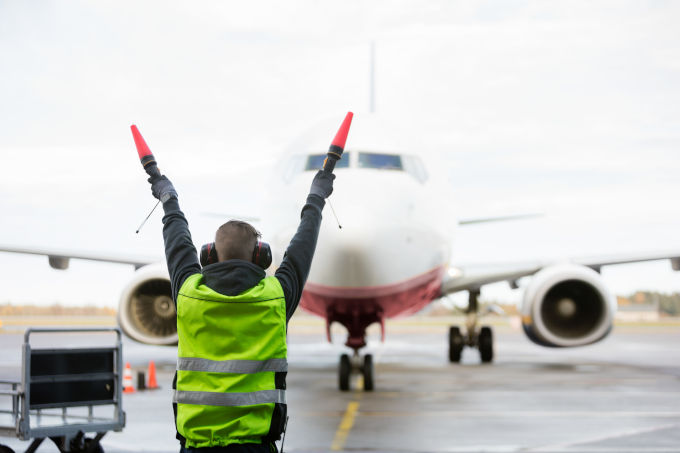
To many people, the idea of flying seriously defies logic. It’s a concept that leaves many questioning how something so heavy can carry itself so effortlessly through the air – it must be magic.
The answer, in truth, largely comes down to complicated physics, but that’s a discussion for another day. Today, we are discussing the excruciatingly detailed safety protocols and procedures that the aviation industry uses.
These safety measures often set the standard for other industries, and are vital for keeping passengers and crew members safe from harm. The level of detail required in the aviation industry is, perhaps unsurprisingly, huge, since flying has such a dangerous reputation. One in every ten people have a fear of flying after all, so it’s in the industry’s best interests to keep passengers reassured.
But what are some of the main safety measures the aviation industry focus on? Let’s take a look.
1. Planning.
You may often wonder what the point is of having to straighten your chair and fold your tray table away during take off and landing. The truth is, if the plane finds itself in an emergency situation, these items will hinder your movement.
This example is just one of the many risks that each airline identifies during their risk assessment and plan against in advance of taking off. They look at every potential hazard and decipher ways to prevent it being a threat. It’s for this precise reason why cabin crew perform a safety procedure before every flight. The more clued up their passengers are, the safer they will be.
2. Communication.
Several hundred planes travel in the air at the same time as each other, so the aviation industry has an elaborately planned set of rules for how the places communicate with each other. All pilots use English to speak with one another, and have a predetermined set of word, syntax and concepts.
Everyone also has to identify themselves and acknowledge whether a message has been received or not. In doing so, this contributes to a shared understanding of the current air situation, and prevents any potential airborne catastrophes taking place.
3. Quality Control.
The complexity of plane design requires an incredibly high level of quality. Fortunately though, the people who build and service planes are so quality-orientated, there’s almost no need for pilots to go through the crisis simulations they do every day.
A plane’s level of quality largely comes from the manufacturers themselves, who put time and effort into ensuring their products will keep the plane safe at all times. From the plane’s engine to its individual nuts and bolts, every component of a plane’s design is as vital as the next.
Take our pressure switches for example – many airlines rely on our systems to activate alarms if the aircraft cabin pressure drops below a certain level. If these were to fail, it could lead to a disaster, so it’s imperative each aircraft system works exactly as it should prior to take off.
If you would like to find out more information about the range of pressure switches we have to offer, please visit our dedicated products page. Alternatively, if you’d like to discuss any requirements with us, our friendly team are always happy to help. Use our contact form to get in touch with us today.
Share This Post
